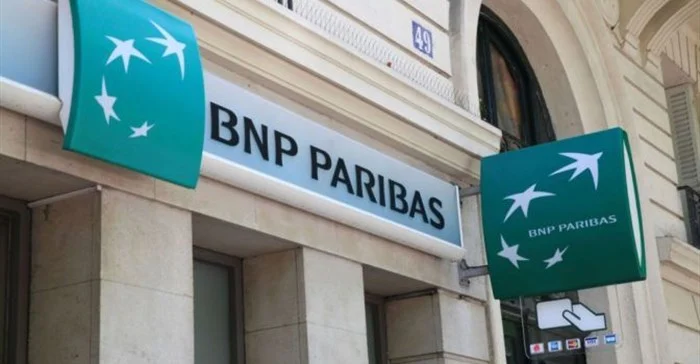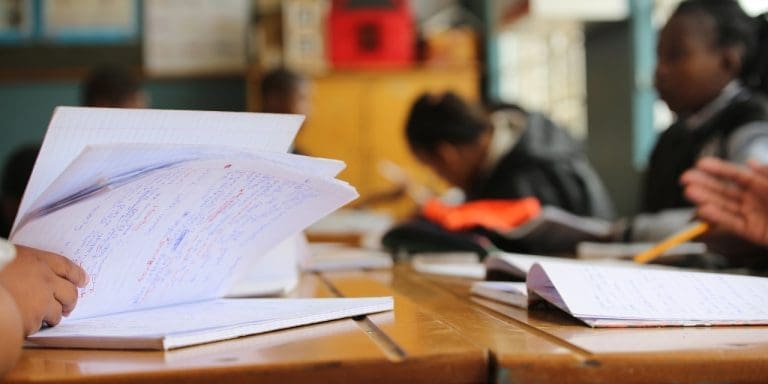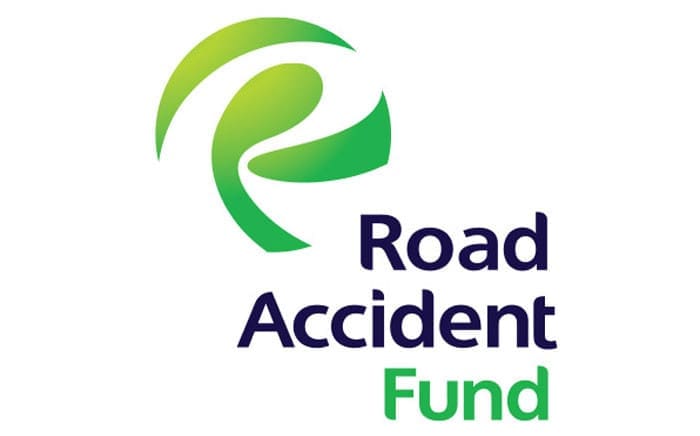In South Africa, where gender-based violence often steals the headlines, a silent and pervasive form of abuse persists—financial abuse against middle-class women. Despite being at the forefront as primary earners in 38% of households, these women endure financial manipulation and control within their relationships, pushing them into long-term debt crises.
Somila Gogoba, a representative from Milaw Legal, underscores the profound threat of economic abuse to women’s financial stability. Shedding light on the issue, Gogoba points out that despite shouldering the responsibility of breadwinning, these women are burdened with domestic and childcare duties due to persistent gender role stereotypes prevalent in society.
Within these financially abusive relationships, some partners deliberately avoid employment, becoming entirely reliant on their partner’s financial support without just cause. This manipulation of financial circumstances not only stifles independence but also inflicts emotional harm and control.
The repercussions are severe, impacting the mental, physical, and financial well-being of these women in South Africa. National Debt Advisors reported that a majority of female clients seeking debt assistance faced unsecured debt, while their male counterparts often accumulated debt through asset acquisition.
Statistics revealed that 80% of women clients grappled with personal loans, and nearly 50% struggled under the weight of credit card debt.
To assist women in reclaiming control over their finances, Gogoba highlighted several crucial steps:
“Preparing for the Future: If immediate separation from the abuser isn’t feasible, discreetly saving funds by opening a new bank account, safeguarding cash beyond the abuser’s reach, and seeking assistance from trustworthy friends and family.” “Self-Protection: Updating bank and credit card account details, securing PINs and access codes, and checking credit reports for unauthorized accounts or credit lines.” “Credit Protection: Setting up fraud alerts or opting for a credit freeze to prevent new accounts from being opened without authorization.” “Improving Credit Scores: Prioritizing timely bill payments, wise management of credit utilization, maintaining a lengthy credit history, and seeking professional assistance.”
It’s a staggering reality that one in three adults in South Africa has experienced financial abuse at the hands of a current or former partner. This form of domestic violence, often overlooked, has had far-reaching impacts on households, leaving enduring financial trauma and precipitating a monumental debt crisis.
By shedding light on this underdiscussed issue, it’s imperative to empower these women with the necessary tools and support to break free from the cycle of financial abuse, fostering a more equitable and secure future for South African households.






































